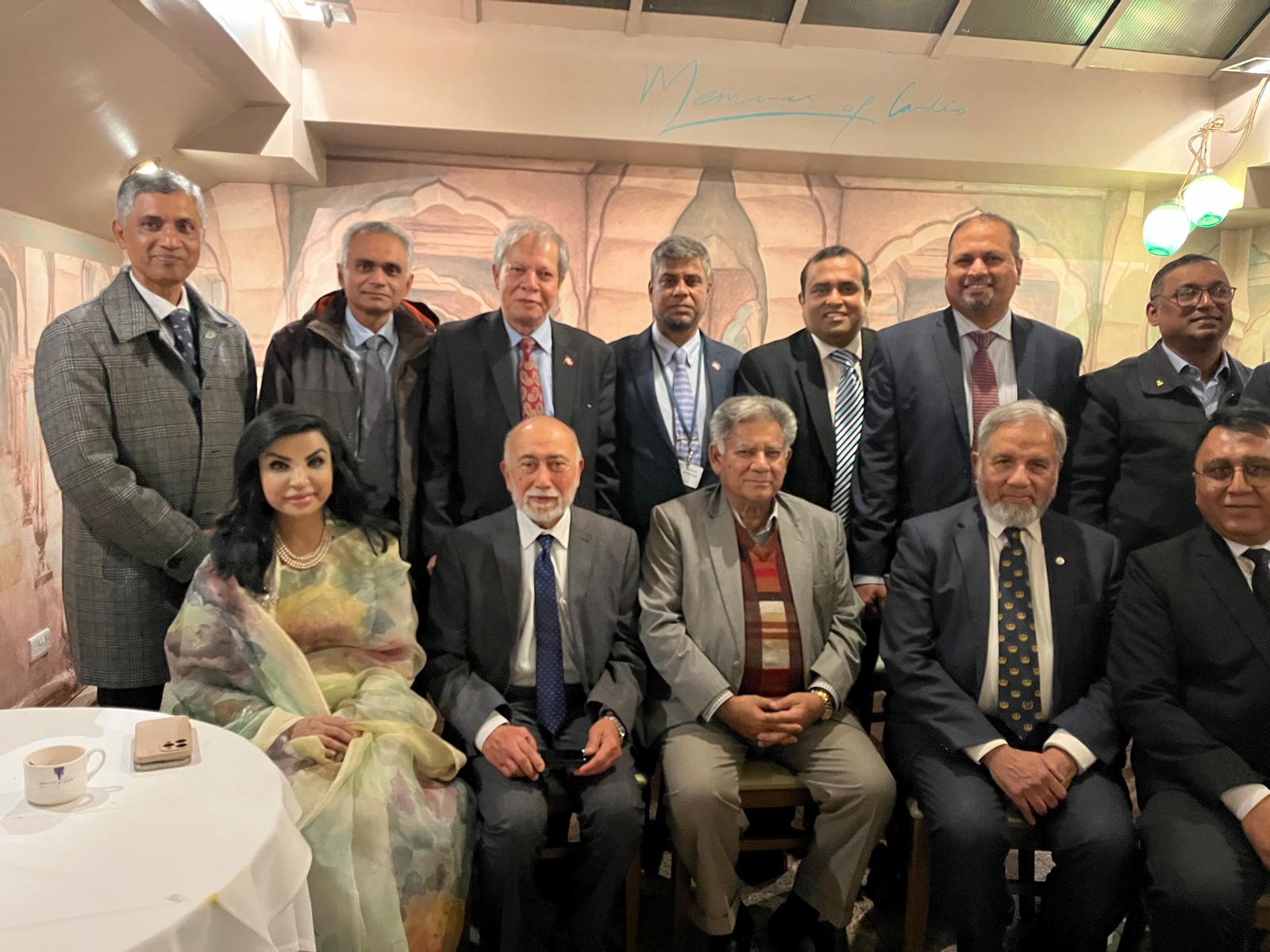search the site
A Better Way To Handle The Panama Canal

Trump and his team are right to recognize Panama’s strategic importance, but they are wrong in how they are approaching the issue.
By: John Kitch
During his inaugural address in January, President Trump proclaimed that “China is operating the Panama Canal” and promised that the United States would be “taking it back.” Shortly after his confirmation as Secretary of State, Marco Rubio traveled to Panama to meet with its president, José Raúl Mulino.
After the trip, the State Department’s official X account announced that U.S. warships would now be allowed to use the canal for free. Mulino quickly denied the report and said that there had been no new agreement between the United States and Panama to alter the usual fee structure for transiting ships. Rubio’s office noted that he pressed Mulino to reduce Chinese influence on the canal or face possible U.S. action. Mulino countered by publicly saying that the United States had not threatened to upend the treaty that underlies Panama’s operation of the canal.
For now, it appears that the Trump administration has shifted attention to other foreign policy issues. However, this chaotic episode is valuable in that it demonstrates a desire for imperialism under the guise of protecting America’s core security interests.
Law professors John Yoo and Robert Delahunty used this incident to argue that Trump should “consider reviving the Monroe Doctrine” and should consider military force “an extreme (but possible) option.”
James Jay Carafano of the Heritage Foundation argues that Trump should look for ways to counter Chinese influence in Panama. This “isn’t about establishing American imperialism,” Carafano says. Yet, he leaves the specific policy he wants unstated.
China does not control the canal, but is working to exert growing influence in Latin America. That China would want to build partnerships in the Western Hemisphere is no surprise. Both the United States and Soviet Union sought to build economic and military networks close to the other’s borders. It is precisely because the threat of Chinese influence in Latin America is real that the Trump administration should be more diplomatic in how it handles the American relationship to Panama.
The Trump administration’s theory of the case is that talking tough will increase political capital in dealing with American allies. In a recent Politico interview, Trump’s special envoy for Latin America, Mauricio Claver-Carone, argued that the administration is establishing “credibility” by publicly speaking of taking the Panama Canal. Claver-Carone would not rule out the possibility of forcibly taking back the canal and said that the United States would “make [the canal] great again.” Taking a hard-line public posture, while negotiating calmly behind the scenes, can sometimes produce positive results. The risk that this approach will backfire, though, is high and should not be ignored.
Stephen Walt recently detailed the problems with diplomacy by threat. Walt’s argument is that the history of global politics suggests that weak states which are threatened by the United States (even if the threat is not intended to be taken as real) will eventually look to China for help. Trump, Walt says, “may win a few concessions in the short term, but the long term results will be greater global resistance and new opportunities for America’s rivals.” Walt’s insight points to the reality that American capital, be that in the economic, diplomatic, or military spheres, is great but limited.
The failure of previous presidents and their foreign policy advisors to recognize this limitation of resources is, in large part, what created the world of growing Chinese influence in Latin America. Placing greater emphasis on our own hemisphere is a wise move. However, issuing public—and not particularly serious—threats against allied or neutral states is an undiplomatic approach that can prove counterproductive.
Trump and his team are right to recognize Panama’s strategic importance, but they are wrong in how they are approaching the issue. A better strategy would be for the United States to offer increased engineering support, funds to modernize the canal, and a public declaration of thanks to Panama for working with the United States on an important project. Doing so would not show weakness and it would not encourage Mulino to move in China’s direction. Instead, it would be a low-cost way for the United States to exert influence in one of the most strategically important places on the map, while building goodwill with a leader who will be indebted to the United States going forward.
source : nationalinterest


















